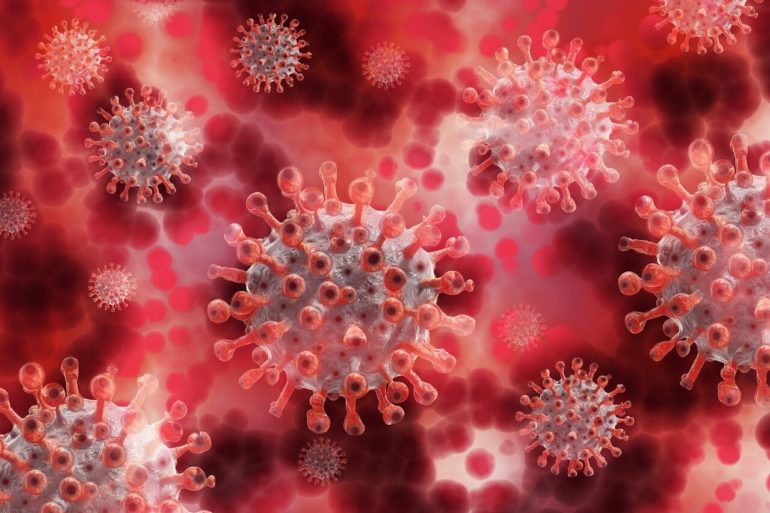Why so many COVID-19 patients get blood clots (thrombosis) remains uncertain. But scientists at Uppsala University and the University Hospital have now identified a mechanism they believe to be implicated. A particular protein triggers a part of our immune system that can boost the blood’s tendency to coagulate and form clots. The study is now published in Thrombosis and Haemostasis.
Since thrombosis has proved to be a common complication in severe COVID-19, most people receiving hospital care for the disease get them.
In a new study, researchers at Uppsala University have found that a key mechanism of clot formation in COVID-19 may be activation of what is known as the complement system, which is part of the immune system we are born with. This can be initiated by certain proteins, one example being mannose-binding lectin (MBL).
Sixty-five patients receiving intensive care at Uppsala University Hospital had their MBL levels and activity measured. In all those who developed thrombosis during their hospital stay, MBL activity and levels were found to be elevated.
The scientists believe that when the complement system is activated by means of MBL, it contributes to a massive activation of the blood coagulation system as well. This change, seen in many COVID-19 patients, results in thrombosis. The study indicates that the complement system not only is included in our immune defences, but can also serve to boost the blood’s clotting propensity.
“Our results are especially interesting since we think MBL activates blood coagulation in a way that blood-thinning drugs can’t prevent. This might explain why so many patients suffer from clots in spite of treatment,” says the study’s lead author Oskar Eriksson, a doctor at the University Hospital and researcher at the Department of Immunology, Genetics and Pathology, Uppsala University.
The scientists think their results might eventually lead to testing of MBL activity in COVID-19 patients to identify those who are at high risk of getting thrombosis. MBL could also be a possible target in future development of drugs to prevent the condition.
###
O. Eriksson et al. (2020), Mannose-binding lectin is associated with thrombosis and coagulopathy in critically Ill COVID-19 patients, Thrombosis and Haemostasis. DOI: 10.1055/s-0040-1715835
Facts about the complement system
Part of our innate immune system, the complement system comprises some 50 proteins that circulate in the blood. It evolved to recognise, and swiftly render harmless, alien substances like bacteria and viruses, or dead and damaged cells, in the bloodstream.
The complement system thus has an important “clean-up” function. But when activation is excessively powerful, for example in severe infections, the system can become overactive and tackle the body’s own cells as well, which results in tissue damage.
Disclaimer: AAAS and EurekAlert! are not responsible for the accuracy of news releases posted to EurekAlert! by contributing institutions or for the use of any information through the EurekAlert system.



